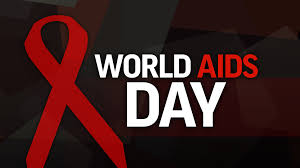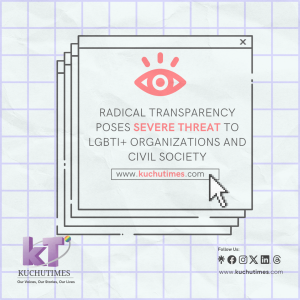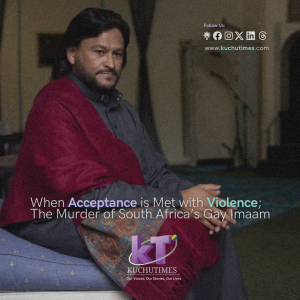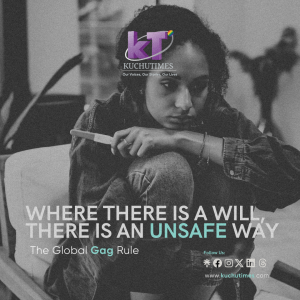Today marks 30 years of the commemoration of World AIDS Day under the theme "Know your status". This was specially chosen to raise awareness about the importance of getting tested and knowing one's HIV status. Over the recent years, several CSOs, KPOs and health care providers in Uganda have intensified efforts towards the fight against HIV/ AIDS especially within the key populations communities. HIV Testing and Counselling (HTC) programs have been extended to marginalized communities at the grass root level through different approaches like community engagements that see KPs encouraged to test and know their status. Community organizations with programs specifically aimed at HIV prevention and management include Ice Breakers Uganda, Spectrum Uganda, Vinacef Uganda and MARPI Mulago.
However, there are continuous hiccups that deter the inclusion of KPs in HTC programs. These shortcomings have left many preferring to go untested rather than bare the social stigma attached to being HIV+. The existence of the HIV Prevention and Control Act also known as the HIV law impedes the indulgence of most at risk persons in HTC services because it threatens allowance of medical providers to disclose a patient's HIV status with or without their consent. Additionally, this Act criminalizes HIV transmission which discourages key populations from getting tested as it can be used as a criminal liability against them.
The persistent government interference rather than intervention has also played a role in discouraging HTC service delivery. Just last week, the State Minister for Ethics and Integrity, Fr Simon Lokodo blocked presentations by key populations representatives at the National HIV Prevention Symposium. The incident wasn't the government's first or second attempt to exclude KPs' inclusion in the national HIV prevention strategy. Such actions that hinder KPs from addressing their own challenges only further alienate them from curbing HIV hence escalating the prevalence of new HIV infection rates from the current 50,000 according to Avert (2017). This includes Sex Workers and their clients estimated at 18% and MSMs who have unprotected anal sex estimated at 36%.
It is therefore necessary for CSOs to further advocate for the necessity of HTC services within the marginalized communities especially in engaging with policy makers to promote a better understanding of KPs and their needs. Discriminatory laws like the HIV law should be repealed to enable the general population understand that HIV is no longer a death sentence and there is no shame in being HIV+. Those living with HIV should be encouraged to open up about their status, adhere to treatment and promote positive living.
The LGBTIQ community in Uganda has numerous strategies to curb the HIV epidemic; these strategies have been made possible by the numerous parties that continue to support our work to have an HIV free community. It is therefore with deep gratitude that we extend our special thanks to all donors, funders, CSOs and health care providers that have taken strides towards the inclusion of Most At Risk Populations in the National HIV Prevention strategy no matter how strained. The removal of all barriers that deter HTC and the fight against AIDS in Uganda is very crucial in the attainment of the 90-90-90 target.




